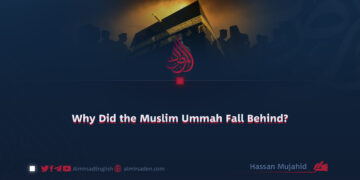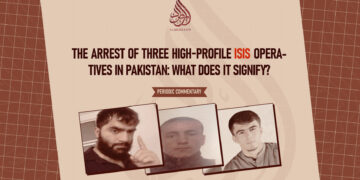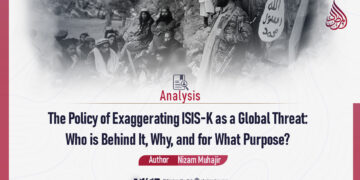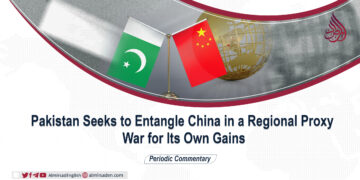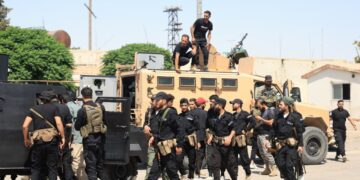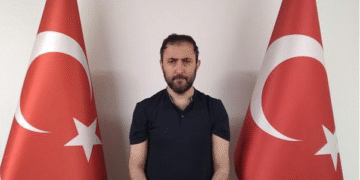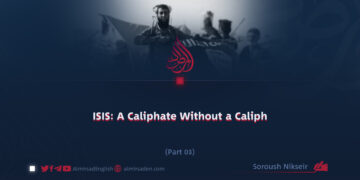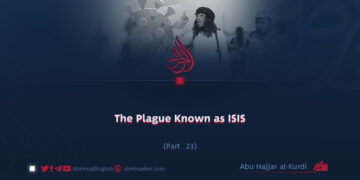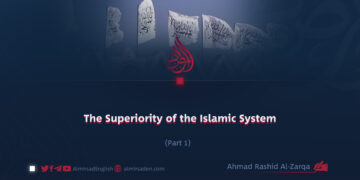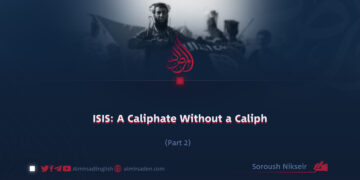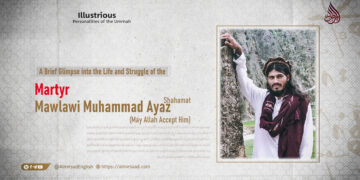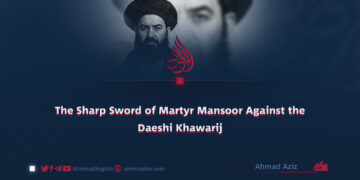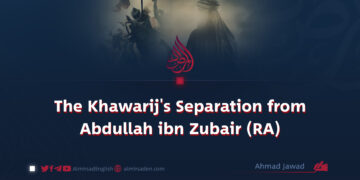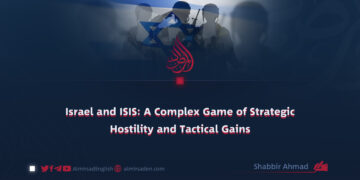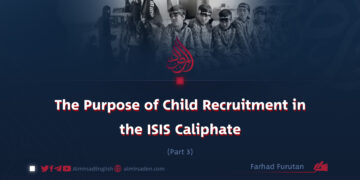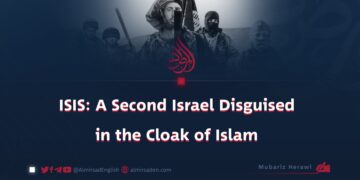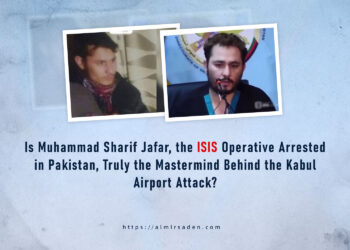Part 4
Author: Hijaz Tamim
Charitable Foundations and the Financing of ISIS
The financial apparatus supporting the ISIS insurgency is a highly complex and multifaceted system. Among the many mechanisms employed by the group, the exploitation of charitable foundations and organizations stands out as a significant source of funding. ISIS has systematically misused the framework of humanitarian relief—particularly through donations collected under the names of zakat (obligatory almsgiving) and sadaqah (voluntary charity)—to finance its operations. In addition, the group has launched deceptive online fundraising campaigns and used charitable networks to transport weapons and equipment.
To dismantle this financial infrastructure, it is imperative to rigorously monitor the activities of charitable organizations and swiftly implement legal measures against those suspected of aiding terrorist activities.
According to research conducted by the Russian Institute for Strategic Studies, a considerable number of organizations that played a key role in funding ISIS were founded with private contributions from Saudi Arabia and Qatar. Here are critical insights into how the group has leveraged charitable organizations for financial support.
Misappropriation of Charitable Platforms
In addition to its militant operations, ISIS has engaged in systematic financial manipulation under the guise of charitable work. Two major methods stand out:
1. Zakat and Sadaqah Collections
Under the pretext of collecting zakat and sadaqah, the group has amassed countless donations from individuals and communities across various countries. One notable case uncovered by French intelligence revealed that 416 individuals were involved in collecting donations for ISIS under religious pretenses. These funds were funneled into Syria via Turkey and Lebanon.
2. Online Fundraising Campaigns
The group has also organized numerous internet-based campaigns falsely claiming to support orphans, widows, mosque construction, and similar humanitarian efforts. In reality, the proceeds were redirected to ISIS operatives.
Notorious Charitable Organizations Accused of Ties to ISIS
The following organizations have been implicated by international bodies in connection with ISIS financing:
a. Eid Charity (Qatar)
Established in 1995 in Doha, Eid Charity is a Qatari non-profit organization that claims to operate in the fields of health, education, humanitarian relief, and social development. However, its founder, Abd Al-Rahman al-Nuaimi, has been designated by the U.S. Department of the Treasury for providing significant financial assistance to both al-Qaeda and ISIS.
b. IHH – Foundation for Human Rights and Freedoms and Humanitarian Relief (Turkey)
Founded by volunteers in 1992 and officially registered in 1995, IHH is a Turkish NGO operating in over 130 countries, with primary engagements in Syria, Palestine, Somalia, Bangladesh, Yemen, and parts of Africa.
In 2021, Merve Dündar—the wife of an ISIS militant—testified in a Turkish court that aid distributed by IHH had reached ISIS-controlled areas in Syria. The organization has categorically denied these allegations, attributing them to efforts aimed at tarnishing its reputation.
c. Najat Charity Foundation (Afghanistan)
Initially established in 1991 in Peshawar, Pakistan, to combat drug addiction among Afghan refugees, this non-governmental and non-political foundation later moved its headquarters to Kabul in 2005.
Its director, Sayed Habib Ahmad Khan, was sanctioned by the U.S. Department of the Treasury in 2019 for facilitating financial support for ISIS-Khorasan. He was accused of assisting in fundraising, recruiting fighters, and hosting operational planning meetings.
Investigations revealed that the foundation collected funds under the pretext of charity from Qatar, the UAE, Iraq, and other Middle Eastern countries, which were subsequently distributed to ISIS commanders via its offices in Kabul and Jalalabad.
ISIS has successfully exploited charitable structures to gather substantial financial support from across the globe—support that continues to this day. Beyond raising funds, some of these organizations have also played a logistical role, aiding the transfer of personnel, arms, and supplies.
To effectively disrupt this financial network, global authorities must enforce stringent oversight of charitable operations and take decisive legal action against institutions found to be complicit in terrorist financing.

